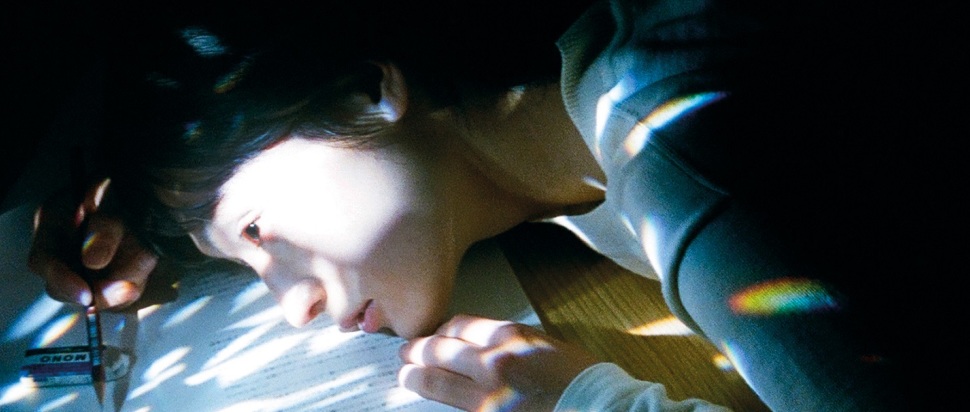All the Lovers in the Night by Mieko Kawakami
In All the Lovers in the Night, Mieko Kawakami presents an achingly lonely character at the centre of a world that has little tolerance for her
The listless Fuyuko has reached her mid-30s trapped in her own life. A freelance proofreader with little interest in the literature she is meticulously fact-checking, Fuyuko lives and works alone in her boxy Tokyo apartment. Work-obsessed, her only significant contact with the outside world is with her editor, the glamourous Hijiri, often through long phone calls.
When she does eventually leave her home, interactions are minimal but intense: drinking too much, falling asleep in public and feeling nothing but isolated surrounded by a cascade of strangers. On an unusually eventful day, a chance encounter leads to meeting a physics teacher, Mitsutsuka, and the two spark up a tentative friendship over light, a source of great inspiration and significant meaning for Fuyuko.
Like her other novels that have been translated into English – Breasts and Eggs and Heaven – in All the Lovers in the Night, Mieko Kawakami presents an achingly lonely character at the centre of a world that has little tolerance for her. As a single woman who has reached her 30s, Fuyuko has slipped between the cracks in Japanese society. Kawakami compares her protagonist’s life to Hijiri’s, a successful career woman with a family who should, surely, be more fulfilled, but both women are presented as moving towards their middle age with anxious fatalism. With her piercing and unhurried prose, deftly translated by Sam Bett and David Boyd, Kawakami unravels the image of modern womanhood, pulling apart its insecurities, its complexities and its bewilderments, until only threads remain.
Picador, 12 May, £14.99
